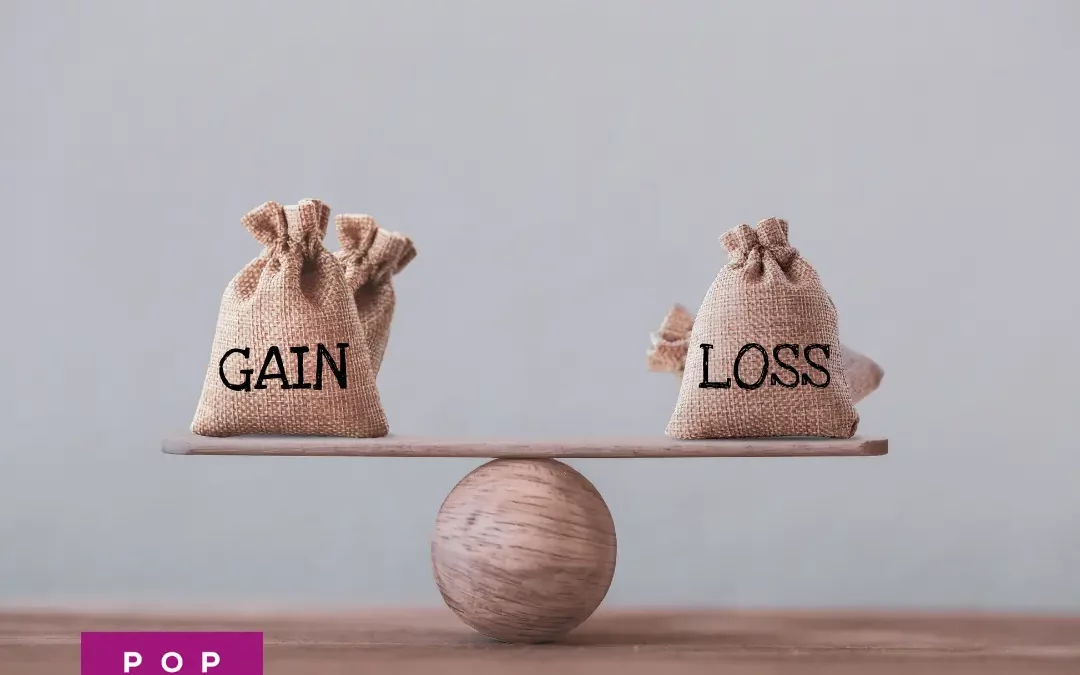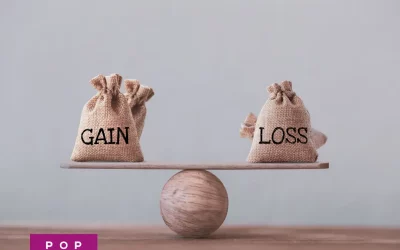How to stop binge eating, emotional eating, and/or stress eating
Heavy topic today.
Before we jump in, let me be clear …
There are certain situations that require working with a therapist.
Hopefully you know where to draw the line for yourself and can absorb what is applicable to you in this message.
Since this is a very common question, I want to address it to the best of my ability.
How do I stop binge eating?
How do I stop emotional eating?
How do I stop stress eating?
How do I stop sabotaging myself?
There is an answer to all of these questions and it’s the same answer across the board.
And I can assure you the answer is NOT …
– Be more disciplined.
– Have more willpower.
– Want it more.
– Know why this is important to you.
– Follow through on what you say you want.
Many people, including coaches, sometimes assume that when someone acts out of alignment with what they say they want that it’s simply a lack of truly prioritizing what they say is important.
“Well, if you really wanted it bad enough, you wouldn’t have done that!”
Trust me when I say that no one wants to feel as shitty as it feels when you act out of alignment.
Saying you want to be healthy and fit and then over indulging due to stress, emotions, or self sabotage is not a good feeling.
No one is consciously and actively choosing that path.
Yes, their behaviors would make it appear that way but my point is simply this …
It’s not as simple as just saying … Ok, I’ll try harder and I’ll stop doing it.
Binge eating or over indulging is filling a void.
The reason it’s not that simple is because the act of binge eating, emotional eating, or stress eating is serving a purpose.
It’s providing something to the individual.
What is it providing?
That’s for you to figure out (either on your own or with some help/guidance).
There’s a void that’s being filled.
There’s something that you are gaining when you do it.
Even though you may feel guilt and shame afterwards … you’re still getting something from it.
It could be comfort or a feeling of control. It could be nostalgic or a connection to a loved one.
For example, your mom used to make you pasta when you were feeling down as a child.
It was a connection between you and your mom.
Then, she passed away.
So now, as an adult, you find yourself over indulging on pasta and sabotaging your goals.
You know you want to be healthy so you can’t understand why you keep doing that.
The pasta is serving as a way to connect with your mom who is no longer with you.
So, the first step in this process is to stop viewing these things as purely a means of sabotage.
It’s a means of something. But sabotage ain’t it.
What are you getting from the food you’re indulging on?
By the way, this extends beyond food, I’m just using this as an example.
Once you know what void is being filled … then, and only then, can you work to change it.
Because if you don’t know what you’re replacing … then you’ll just be firing aimlessly and nothing will stick.
Let’s go back to our pasta example.
Once we’ve identified that pasta is serving as a connection between you and your mom, who you miss dearly … then we can start to replace the habit with something more productive.
What are other ways you used to connect with your mom?
What are things that make you feel close to her?
What else can you do to get that feeling of connection?
Is there a way to make a habit or routine out of the pasta method that doesn’t involve random spurts of over indulging?
For example, every Friday night is pasta night in honor of mom. You’ll make a portion that you enjoy with the awareness of how it’s serving you.
Plus, we implement other ways of feeling connected. Like maybe you used to walk together. Or maybe she used to enjoy a certain hobby that you can learn.
Phase out the dependence on the poor habit and replace it with more productive habits.
This is the same process for any form of sabotage.
What are you gaining from it?
What are you avoiding by doing it?
How can we fill those gaps productively?
Then, it’s putting in the work to actually do it.
Awareness around your behaviors is key.
A willingness to modify your behaviors is also key.
It’s simple, not easy.
But acting out of alignment is really painful.
And sometimes the pain of staying the same is much greater than the perceived pain of change.
So, if you don’t want to remain in the same patterns of pain …
Then change/action is the only solution.
Hopefully this gives you some direction and at least something to think about for yourself.
I’d love to know how this resonates with you?
Is it bringing anything to the surface?
Any light bulb moments?







